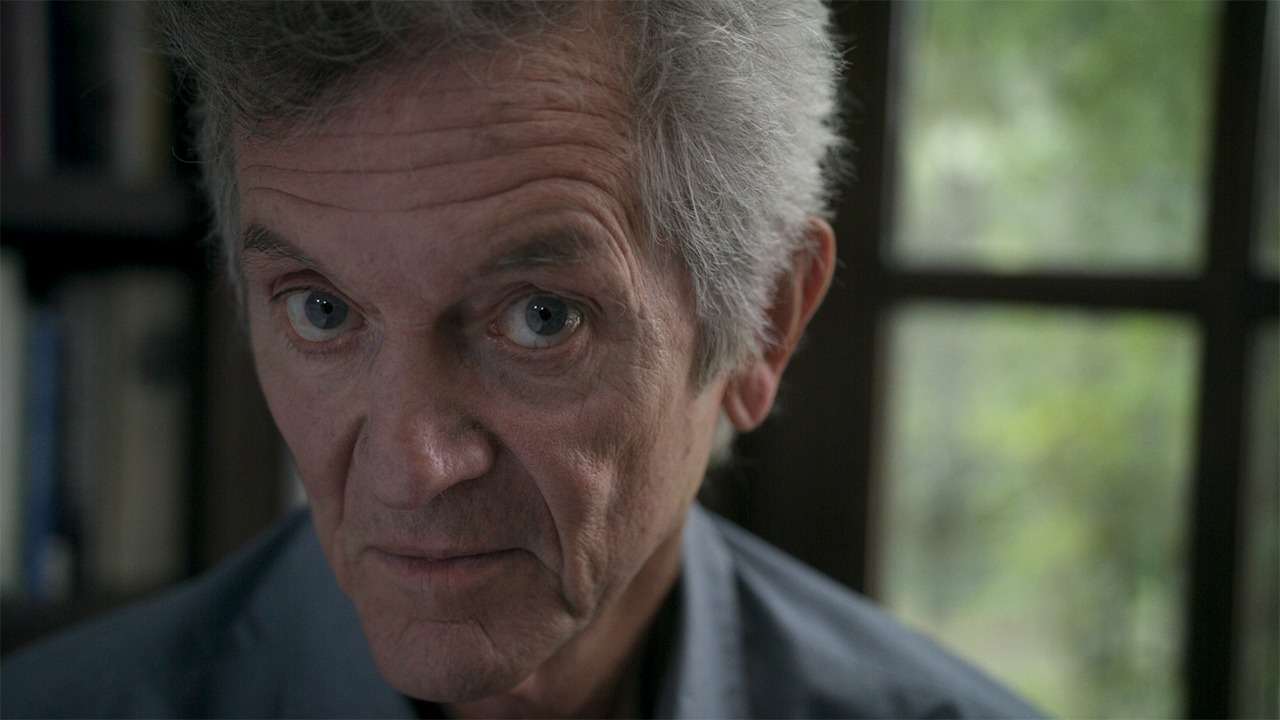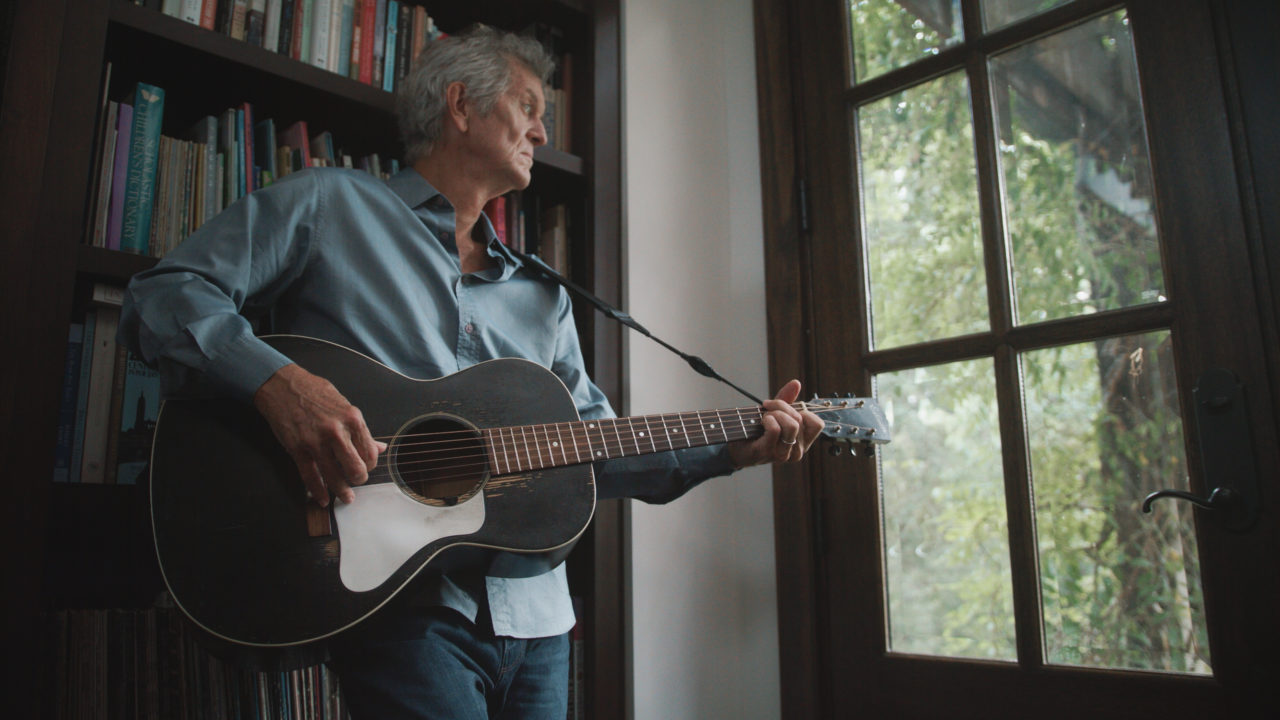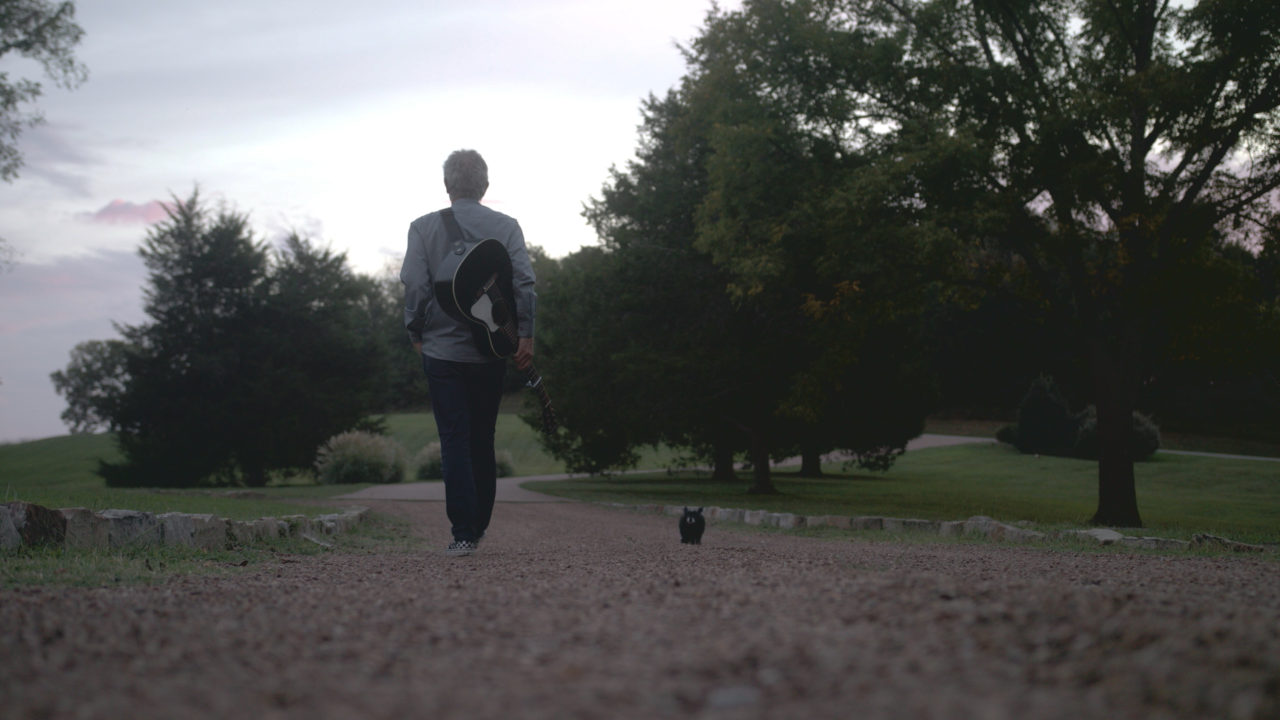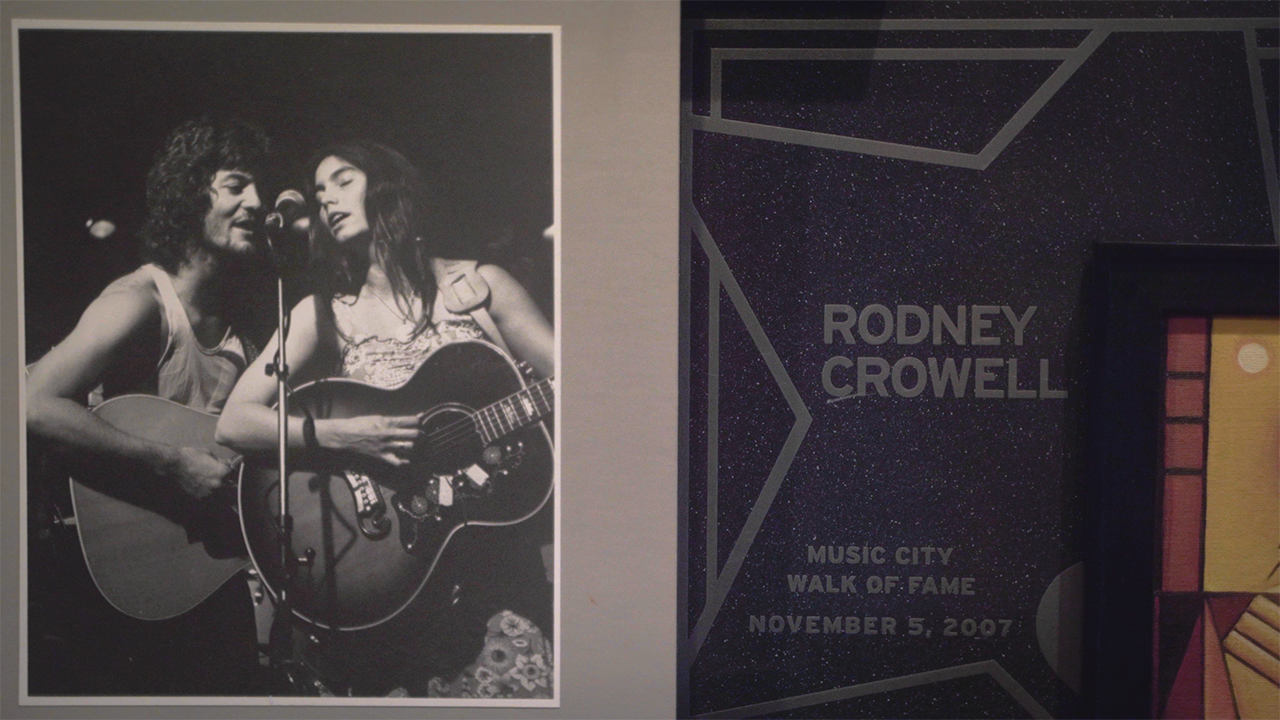Intimately filmed on his property in Nashville, Tennessee, Grammy award-winning songwriter Rodney Crowell is the subject of the debut of Unearthed, a new series by Ernie Ball, highlighting the incredible journeys of today’s most interesting songwriters. In this episode, Crowell discusses his Nashville roots, his intimate relationship to songwriting, the art of inspiration, and much more.
Origins
Rodney Crowell grew up in Houston, Texas in the 1950’s, forming his first band in high school. At the ripe age of 22, with little money and a new D-35 guitar, Crowell packed his bags and moved to Nashville, to pursue his career in music making and songwriting.

The thing about Nashville in 1972 and 1973, the only discussion that happened was, what are you writing? How is it coming for you? Are you getting anywhere? Are you starting to really boil it down to that real true essence?
Crowell’s initial break came when country music star, Jerry Reed heard Crowell perform in a Nashville lounge. Particularly catching Reed’s ear was Crowell’s original song, “You Can’t Keep Me Here in Tennessee”. Surely enough, Reed ended up recording the song and signing Crowell to his first publishing deal. Shortly there after, in 1975, Crowell made the move to Los Angeles.

Uncovering the Unknown
Since his introduction to songwriting, Crowell has placed truth above all else, viewing the artistic process as a metaphorical dig, constantly going deeper, and deeper to uncover the emotions at his core, driving the creative process.
Songwriting is a relationship with the unknown. I believe that the songs exist fully formed elsewhere, in some dimension that’s not in this physical planet we’re in. And my job, is to get it from elsewhere, to here, as in tact as I possibly can.



Soon after moving to Los Angeles, Crowell’s talent and sincerity as a songwriter became illuminated to nearly every artist he worked with. Between forming his own group, The Cherry Bombs, in 1978, and writing for talents such as Roseanne Cash, Crowell officially broke through with commercial success on the track, “Leavin’ Louisiana in the Broad Daylight,” which reached #1 on the charts in 1980, for the Oak Ridge Boys.
I think of myself, day in and day out, as someone who’s waiting for the truth to find me. That I can get it down on a piece of paper, get it into a song, and keep distilling it down, keep revising it down, until I get to the essence of something, that, with any luck, will be timeless.
Inspiration is Earned
In 1988, Crowell’s solo career reached its pinnacle with the release of “Diamonds & Dirt”. The album would produce five number one singles and at the 1989 Grammy’s earned Crowell the prestigious award of Best Country Song, for the track, “After All This Time”.



Inspiration is earned. I have to get up and go to work and get back to the job of what I do, and that place where inspiration exists outside of this realm, that we’re all talking to each other in… and then the inspiration, it starts to accrue.
The Right Guitar
Rodney’s relationship with Ernie Ball has existed for a long time, as has his friendship with Ernie Ball CEO, Sterling Ball. The right guitar and the right strings are central to Crowell’s sound.
The right guitar, with the right string, is a real pathway to becoming a better guitar player. Sterling has been a great friend and actually a benefactor. This guitar made me a better guitar player. I can point to it and say because of this guitar – because of the length of its neck, the way it vibrates up this neck, the way it feels. This guitar awakened my left hand.



What I am looking for is self-expression, more and more self-expression. I’m an artist. Just painting pictures and making stuff up as I go. Start out not knowing where I’m going, and not knowing until I get there.
Rodney’s Gear
Rodney Crowell plays with Ernie Ball Acoustic guitar strings. Including Earthwood Light 80/20, Earthwood Medium Phosphor Bronze, and Aluminum Bronze Medium Light acoustic sets.


